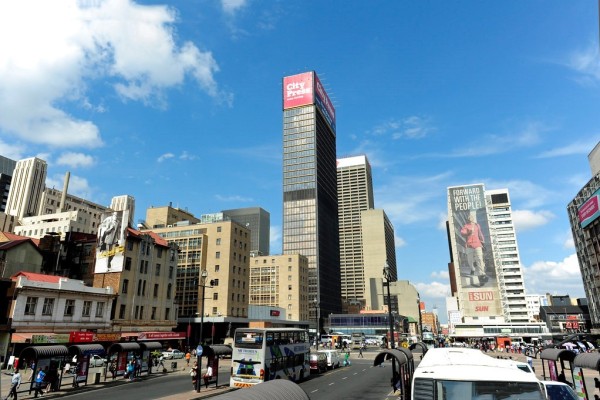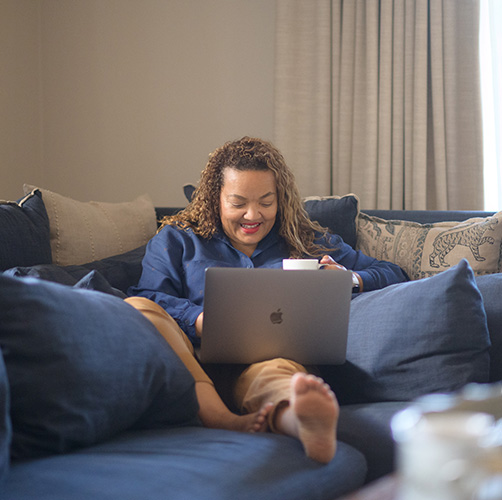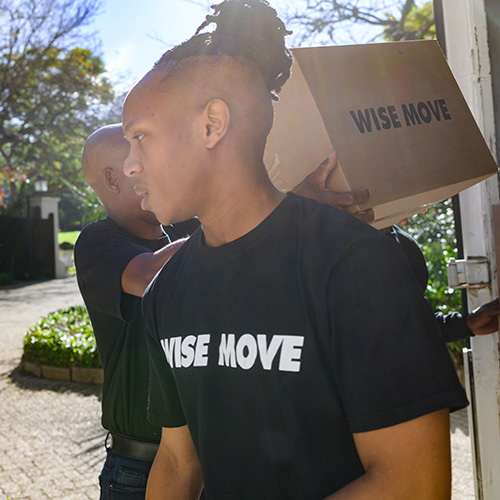10 Essential Tips for First-Time Homebuyers


Buying your first home is an exciting step into a new life stage, but it's easy to be overwhelmed by the associated admin.
To compound matters, South Africans are tightening their belts amidst a cost-of-living crisis.
Things are looking up though, according to South Africa's leading bond originators. The latest property data shows a 6.6% year-on-year increase in home loan applications as we enter 2025.
These homeowners will likely tell you that being prepared is everything in the property-purchasing process. For those first-time buyers who don't know where to start, we've compiled a list of things to consider before you sign on the dotted line.
('Home loan', 'bond' and 'mortgage' will be used interchangeably.)
1. Check your credit score and review your budget
Before buying a home, get a clear picture of your financial health. Review your debts and savings to see what you can afford.
Credit scores play a central role in whether or not bonds are approved.
Most banks offer a free and easy credit-score checking tool, while you’re also eligible for one free credit report a year. If you don't have a credit history, consider applying for a credit card or even a vehicle loan—making sure you meet your monthly repayment deadlines.
2. Save for a deposit
 Before starting your home-buying journey, have you saved up for a substantial deposit? Most banks require a sizeable deposit before approving your home loan to demonstrate your commitment to the property transaction.
Before starting your home-buying journey, have you saved up for a substantial deposit? Most banks require a sizeable deposit before approving your home loan to demonstrate your commitment to the property transaction.
Unless you have the luxury of purchasing your first home for cash, you'll need a home loan to cover the remaining portion of the purchase price (if not the whole amount.)
Typically for a deposit, you should aim to save at least 10% of the purchase price.
It's important to remember that the price of a first home is not just the purchase price, but involves other 'hidden' costs, which are discussed in more detail below. Take these costs into account to help you work out your affordability range.
3. Get a pre-approved bond
Getting bond pre-approval before you start house hunting will help manage your expectations of what you can afford for a first home.
Once approved, it strengthens your bargaining power. It also puts the seller's mind at ease knowing that you qualify for the offer amount.
You can apply for a pre-approval letter with your bank, or through other service providers like bond originators.
Fun fact: Based on the latest home-loan data (12 months to December 2024), Johannesburg’s south-eastern suburbs were the most popular region for first-time homebuyers. Right behind in a close second position was the Western Cape.
4. Location, location, location
If you have your heart set on a particular neighbourhood, it's worth researching the area and understanding the local market trends.
Look at the average sales price of homes in the area, and that the sale price of your first home aligns with that.
You also want to consider the community and whether it will suit your lifestyle. Look at factors like transport options, nearby schools, crime statistics, your nearest shopping mall and other conveniences.
Remember, you always have the option to change something you don’t like about a property, but you cannot do anything about the location.
5. Keep those house plans handy
These days, most banks will ask for house plans before approving your mortgage.
In this regard, you need to ensure that the approved plans of the house match the structure of what you’re buying.
This includes separate structures like garages and cottages. Banks will want to know that these structures are built legally and conform to zoning laws.
If you're buying your first home off-plan (a new home directly from a developer before it’s built), house plans will help banks accurately assess the property's value.
6. Hire an agent you can trust
A knowledgeable real estate agent (one who's on the pulse of the local buyer’s market) can be a real asset as you navigate first-time homebuyer territory.
Agents are responsible for scheduling viewings and helping you find the best deal. They can also help you understand the fine print of the offer-to-purchase agreement before you sign it.
Ensure your chosen agent is someone you trust in the community—who has your best interests at heart. It's a real time-saver.

7. Insist on a thorough home inspection
Before finalising the purchase of your first home, have a professional do a home inspection. They will be able to uncover any defects on the property.
In South African real estate, most sale agreements feature a voetstoots clause. This is where you, the buyer, agree to accept the property in its present condition.
This clause protects the seller against claims for damages, whether latent or patent. However, it can backfire if it is discovered that certain defects were intentionally concealed. Voetstoots also has to abide by certain provisions in the Consumer Protection Act.
That's why it’s now common practice — and a legal requirement — for you and the seller to complete a disclosure form after thoroughly inspecting the property. This disclosure form lists all identified defects in a property and can be used if any disputes arise over hidden defects later on.
8. Account for closing (and hidden) costs
As mentioned before, buying a first home involves some 'hidden' costs. This includes bond registration costs, property transfer costs, levies, and special levies (if you're buying a sectional title home).
You should also look at what you'll pay for rates and taxes on top of your monthly bond repayment.
Property transfer fees are the hidden costs that will sting the most and must be paid to SARS within six months of the property transfer. If the seller is VAT-registered, you will pay VAT instead of transfer duty.
9. Consider the long game with mortgage and resale
If you can afford it, you can opt for a mortgage with a shorter term, and reduce the overall cost of your mortgage.
This implies higher monthly payments, but it also means that you will own the property sooner, and save a lot of money on interest.
One of the most significant advantages of homeownership is building equity. With each mortgage payment, you'll gradually increase your ownership stake in the property.
Another thing to consider is the future resale value of your new home, so look for properties with features that may be appealing to others if and when it’s time to sell.
10. Get ready for bidding wars
The homebuying process can be unpredictable in a competitive market. It's important to remain flexible throughout and be prepared to compromise.
In this environment, focus on staying calm and stick to your budget. It isn't worth overstretching yourself.
With that said, if you're ready to take the plunge to become a first-time homeowner—don't delay!
Signs are emerging that point to a new growth phase in residential property market activity in South Africa. As of January 2025, the average home purchase prices increased by 4.5% year-on-year for first-time buyers compared to 2024, signalling a growing demand for homes.
What do our customers say?






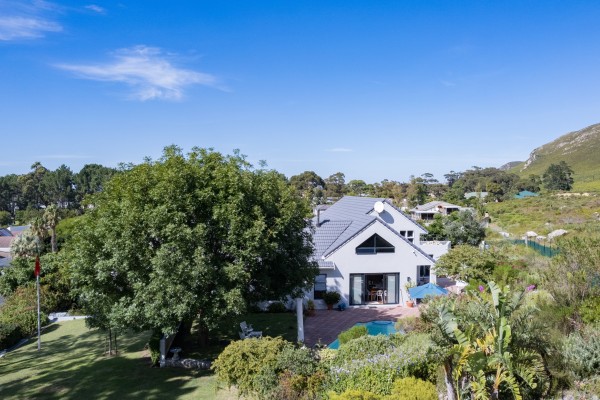
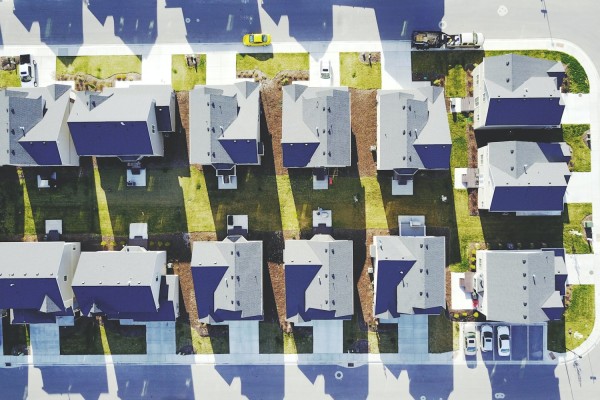
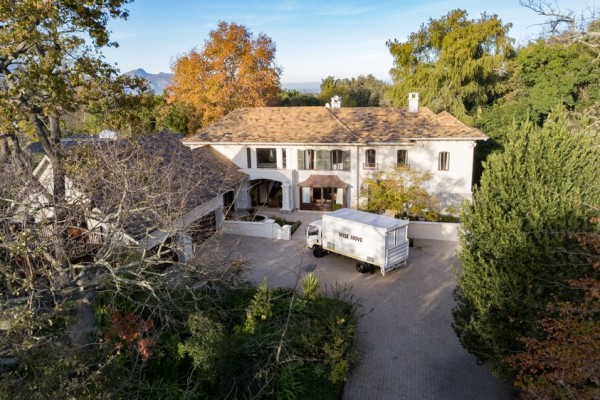
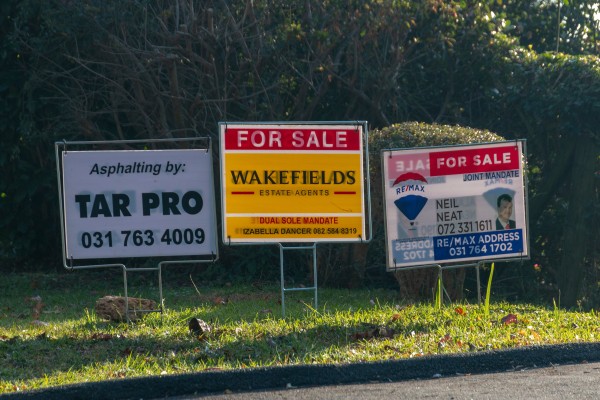
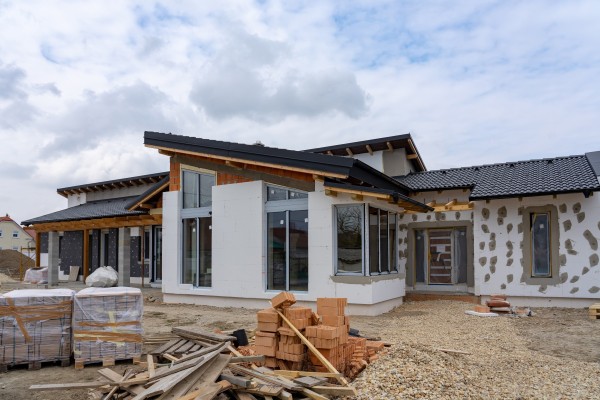



![The Cost of Living in Durban [2025] The Cost of Living in Durban [2025]](https://cdn.wisemove.co.za/image/blog/33d6922f3018eeb43ebed98163e7b2cd.jpeg)


